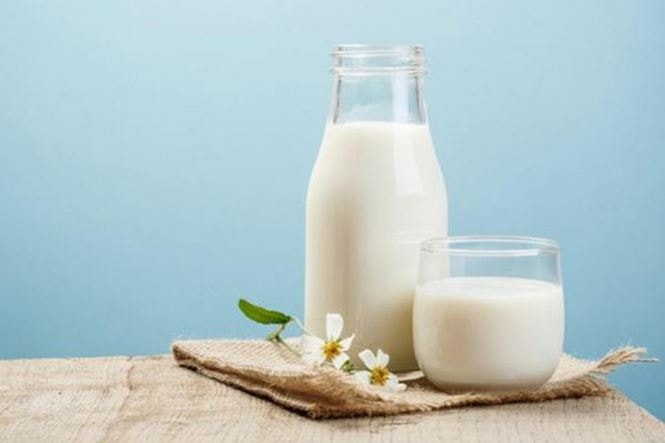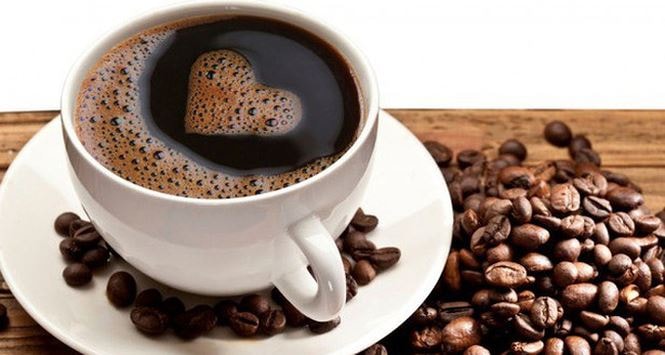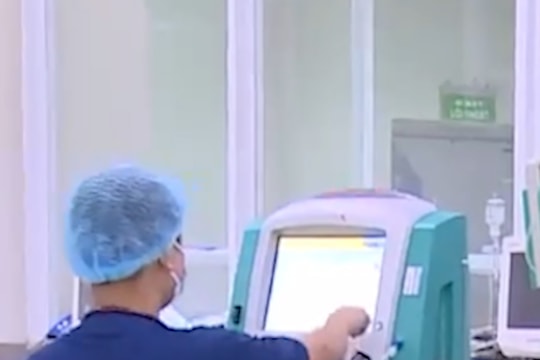These types of water are "extremely toxic" when taken with medicine
Milk, tea, coffee, alcohol, fruit juice, carbonated drinks... can all reduce the effects of the drug or increase the effects leading to poisoning.
The type and amount of water used to take medication can affect the effectiveness of the medication by altering the extent or speed of absorption, distribution, metabolism and excretion of the medication. In many cases, it can even cause poisoning to the user. The amount of water needed to take medication depends on the dosage form and the nature of the drug.
Starting from the mouth, the drug is carried down the esophagus through the pharynx, down to the stomach, small intestine... In the small intestine, the drug is absorbed into the blood. The heart will carry the drug through the blood to distribute to most organs in the body, including the target of action. Next, the drug is metabolized in the liver into a non-toxic or less toxic form, more soluble in water and easily excreted by the kidneys through urine.
Water used to take medicine is not only a carrier to carry medicine from the mouth to the digestive tract for absorption, but also acts as a solvent to dissolve the medicine, helping the medicine diffuse evenly throughout the digestive tract surface, so it is better absorbed. At the same time, drinking a lot of water will help the medicine to be excreted faster through the kidneys, helping to reduce the toxicity of many drugs.
Beer, wine and alcoholic beverages
While taking medication, especially drugs with the active ingredient acetaminophen such as panadol… if you drink alcohol, it will increase the risk of liver damage. In addition, alcohol also limits the therapeutic effects of drugs such as antidepressants, neuroleptic drugs and increases the side effects of some other drugs.
In addition, alcohol also increases the liver toxicity of paracetamol, increases the stomach toxicity of aspirin, and increases the anesthetic toxicity of sedatives.

Milk
Calcium in milk can hinder the absorption of some antibiotics, so you should not take medicine with milk. However, there are still cases where medicine should be taken with milk such as aspirin, daily birth control pills, vitamins A, D, etc.
Fruit juice
Using grape juice and some other fruit juices to take medicine can reduce the effects and increase the side effects of the medicine, because fruit juice can inhibit enzymes in the absorption process of medicine, such as cardiovascular medicine and antifungal medicine.
Tea
Normally, green tea is a very healthy detoxifying drink, but with the anti-cancer drug bortezomib - which has the ability to "defeat" cancer cells, green tea is the drug's nemesis.
Tea contains tannins, which can make many medicines ineffective. Medicines containing iron will not work when taken with tea.

Coffee
During the treatment period, if you take the medicine with tea or coffee, it can reduce the effect of the medicine. In addition, coffee can also be harmful to the stomach, especially when taking anti-inflammatory drugs, you should not drink coffee to take the medicine.
In addition, caffeine in coffee also reduces the effects of drugs used for sedation and sleep if taken at the same time.
Carbonated soft drinks
These drinks often contain caffeine, a stimulant that helps you stay awake. They will combine with iron-containing medications to form a precipitate that cannot be absorbed into the body.


